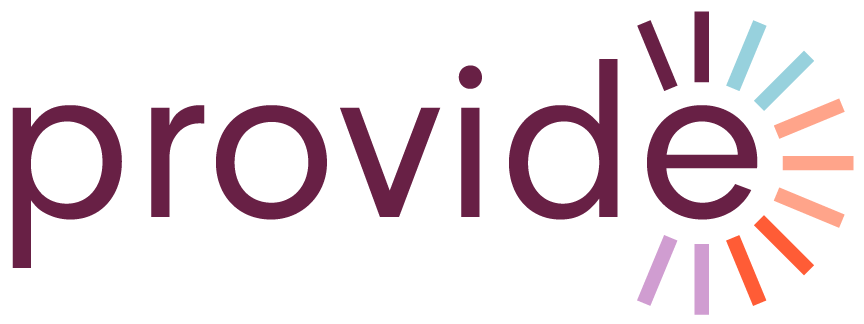Description
Survivors of intimate partner violence (IPV) navigate many elements to remain safe, including taking steps to protect their reproductive health and defend themselves against reproductive coercion—a serious public health issue that infringes on a person’s reproductive rights and diminishes their reproductive autonomy.
In 2011, the U.S. Centers for Disease Control Prevention conducted a survey on domestic violence to learn more about survivors’ reproductive health, specifically around pregnancy pressure and birth control sabotage. The study found that 10.3 million people (an estimated 8.6% of women) reported having an intimate partner who tried to get them pregnant when they did not want to be.
As access to in-clinic abortion is restricted, an increasing number of survivors may choose to self-manage an abortion (SMA) using pills, herbs, or other methods. In hostile legal landscapes, survivors may face increased surveillance or criminalization for SMA.
As advocates for survivors of domestic and sexual violence, you can play a critical role in helping the people you serve avoid criminalization when accessing abortion care. Our 2-hour virtual training will prepare you to better navigate the intersection of abortion care and IPV survivor needs in a shifting legal landscape.
Training Information
This free training is designed specifically for organizations who provide direct services to survivors of domestic, sexual, and intimate partner violence, particularly in states where abortion access is restricted. This 2-hour interactive training will address many of the questions you may have about the intersection of self-managed abortion (SMA) and your work. You will leave the training wtih:
- clearer values around self-managed abortion (SMA)
- new vocabulary to guide understanding of SMA as it intersects with IPV
- skills and knowledge to navigate mandatory reporting requirements without putting survivors at undue risk of law enforcement involvement
Bring This Training to Your Coalition
Provide is seeking to partner with domestic violence and sexual assault coalitions in the U.S. to bring this free training to your member organizations. To request a training, please contact Director of Program Development Ondine Quinn at omq@providearchive.bcdcideasclient.com.
